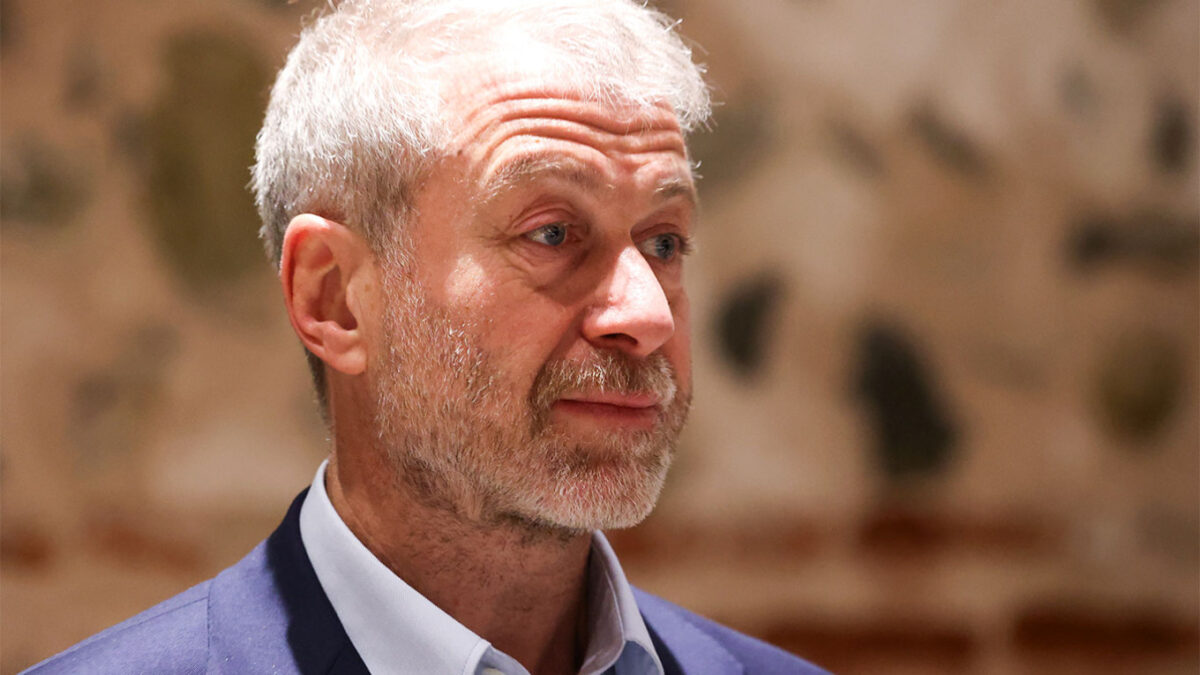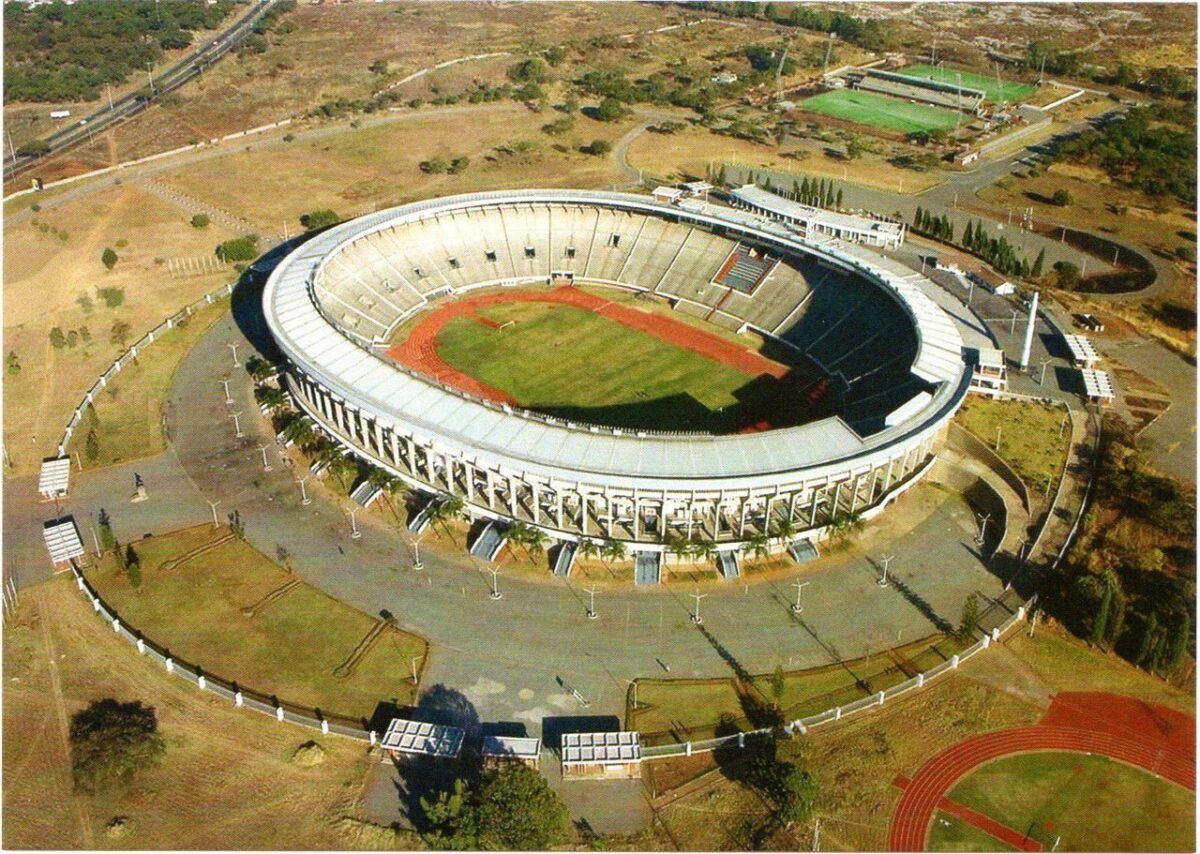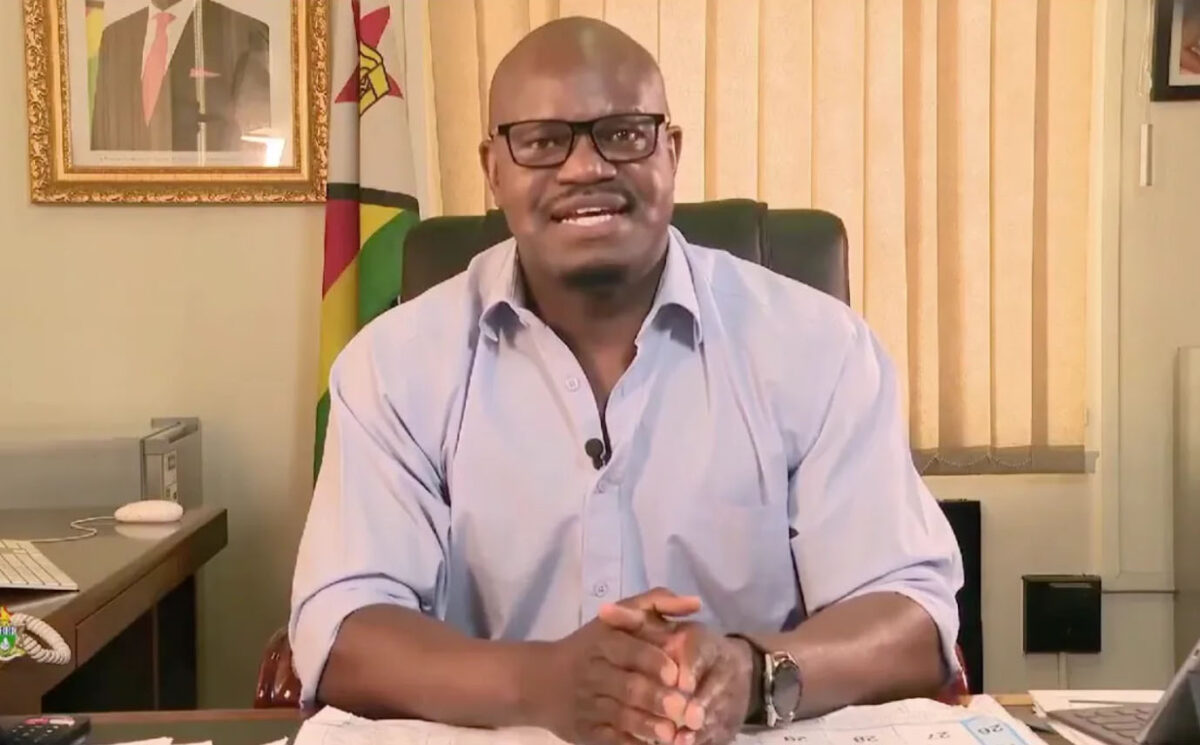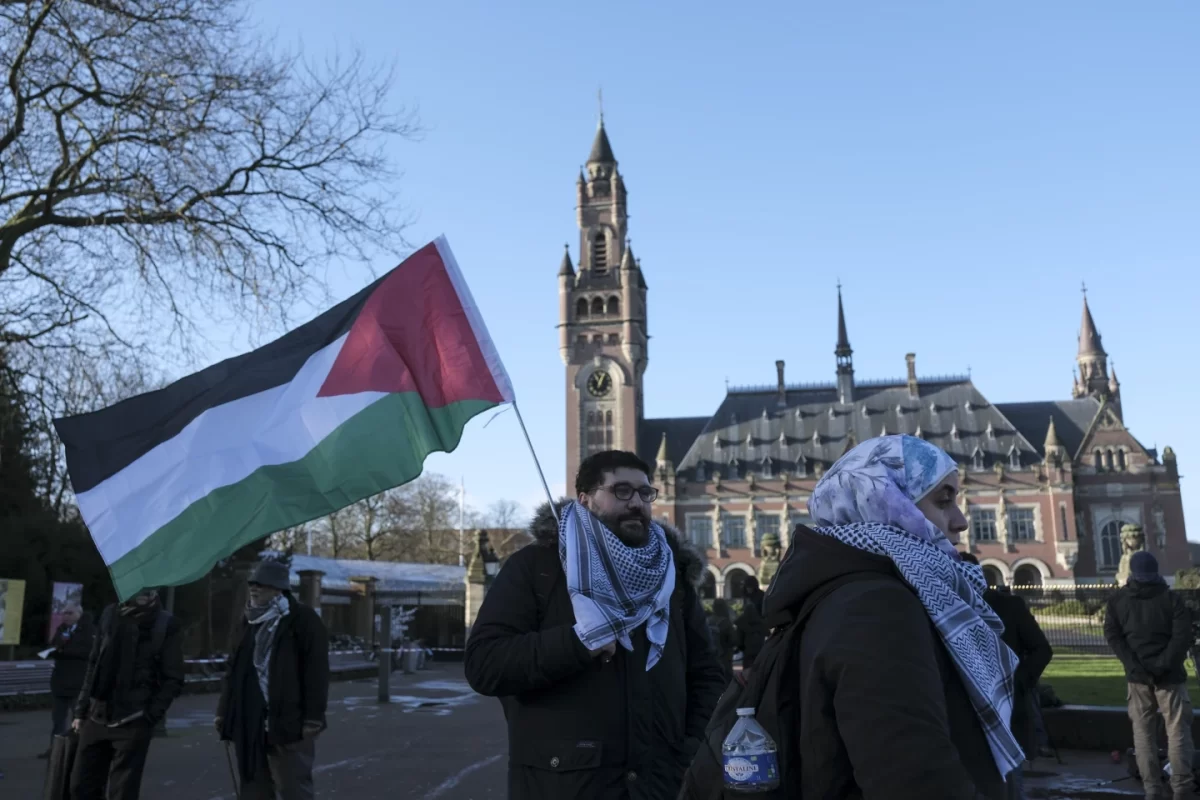BRUSSELS, Belgium – Russian billionaire Roman Abramovich on Wednesday lost a legal challenge aimed at overturning European Union sanctions imposed on him in the wake of Russia’s invasion of Ukraine.
After President Vladimir Putin ordered Russian troops into Ukraine in February 2022, the EU sanctioned Russian officials and a host of Russian businessmen, such as Abramovich, while freezing hundreds of billions of dollars of Russian assets.
Abramovich had filed a legal challenge against this.
The EU court in Brussels rejected the challenge and also dismissed his claims for compensation, noting his role in the Russian steel company Evraz (EVRE.L) and the fact that steel provided a major source of revenue to the Russian government.
“The General Court dismisses the action brought by Mr Abramovich, thereby upholding the restrictive measures taken against him,” it said in its ruling.
“The (European) Council did not in fact err in its assessment by deciding to include, then maintain, Mr Abramovich’s name on the lists at issue, in the light of his role in the Evraz group and, in particular, its parent company,” it added, referring to the sanctions lists.
Abramovich, who also holds Israeli citizenship and is a former owner of British Premier League soccer club Chelsea, became one of the world’s most powerful businessmen after the 1991 break-up of the Soviet Union. Forbes estimates his net worth at $9.2 billion.
In a statement issued on his behalf, Abramovich said he was disappointed by the ruling.
He said the court had not considered some of the arguments used by the EU Council, including the proposition that Abramovich had benefited from the Russian government – which he said was a false suggestion.
“Mr Abramovich does not have the ability to influence the decision-making of any government, including Russia, and has in no way benefited from the (Ukraine) war,” the statement said.
“The court’s decision to maintain the sanctions against Mr Abramovich was based purely on the court defining Mr Abramovich as a ‘Russian businessman’ which under today’s very broad EU regulations is sufficient to remain sanctioned, even if you are just a passive shareholder in a business sector with no connection to the war.”
















